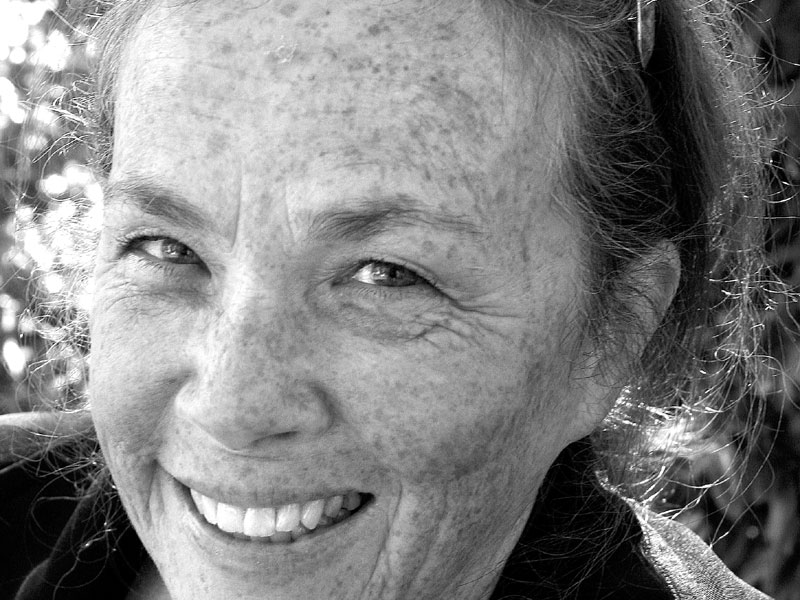Columnists
I know better

When I was a kid my mother often said, “You should know better.” In most cases, I should have known better. But I do remember asking how I could know better if I didn’t know what I was supposed to know better. My mom told me to use my head, then gave me “the look”. I always took the look to mean a person shouldn’t being doing something when it makes them feel like they’re doing something wrong. So, swiping cherries and apples from the neighbour’s tree, while a deliciously rewarding activity, always made me feel like I’d done something wrong—deliciously wrong. And, of course, I had done something wrong. What I really didn’t know better was the true story of the Indigenous people of this country. When I was a kid I didn’t know enough about the history of Canada to even know about Indigenous people. I sorta had to rely on “my adults” to share the story of the First People. I know now (and have for some time) the story “my adults” told me must have made them feel like they should have known better. Obviously, they knew better, but preferred to continue the denial. Heck, the thing is, I don’t even feel comfortable writing the words, “this country”. I was tempted to write “our country,” but is it? What I was told, as a kid, is the “uncomfortable truth” I carried with me well into early adulthood. One day I started to think, “I really should know better.” I heard those “Indian” stories from teachers, religious leaders, family members and friends. Bear with me as I put this together. Here goes my something.
During these Pandemic Times, I’ve walked more than I ever walked in my life. Sometimes as I’m walking along a roadway or the Trail my ear worm is a song from my childhood that accompanied a film strip about being safe on the street. “Single file, Indian style, facing traffic all the while.” This was my first recollection of “Indians” who weren’t the bad guys and it happened in Grade Four at St. John’s School in Toronto. The cartoon character, Magic Bow, sang the song about how to be safe while walking on city streets. Back in the olden days of my youth, many city streets didn’t have sidewalks. Apparently, Magic Bow didn’t know much about living in the city, but since every, single North American Indian only ever walked “single file”, he was safe on the white man’s streets in the white man’s city. Magic Bow film strips were my educational introduction to Indigenous people. A cartoon character was all I knew about Indigenous people. We were encouraged to believe “Indians” didn’t know about a lot of “big city stuff”. Each film strip reinforced the attitude we were encouraged to develop. When I was a bit older we watched The Lone Ranger, Gunsmoke, Have Gun Will Travel and Rawhide. Rarely did these shows put Indigenous People in a good light. Almost everything about “Cowboy and Indian” television shows and movies were gruesome battles where the “white was right and red was dead”. Yet in just about every case, the white cowboys were encroaching upon “Indian” land and the handsome white star of the show as much as told the audience what was about to happen was wrong, but we cheered for the White Guy. We just decided to hear it differently because we didn’t like to “know better”. “They are savages”, we were told. Why didn’t we know better? They were portrayed as wild people who wore loincloths, feathered head gear and grunted instead of speaking English. As children, we were introduced to Indigenous people as people who didn’t know about cooking, clothing, reading, writing, school, farming, religion and real culture. We all should have known better, back in the good old days. We did know better, I think. We just didn’t want to know better.
I don’t know if I’ll ever be able to stop that old soundtrack, the one I first heard as a child about “Indians”. It wasn’t right, then. It isn’t right now. But I do know better and I won’t play the soundtrack to my children or my children’s children. We need to change the maps to reflect the culture which predates European immigration. We need to include the languages of the people who were here before we arrived. We need to learn about the culture of people who also have a long history.
I want my children, and their children, to hear, to see and to understand all of those things I should have known better.

Comments (0)